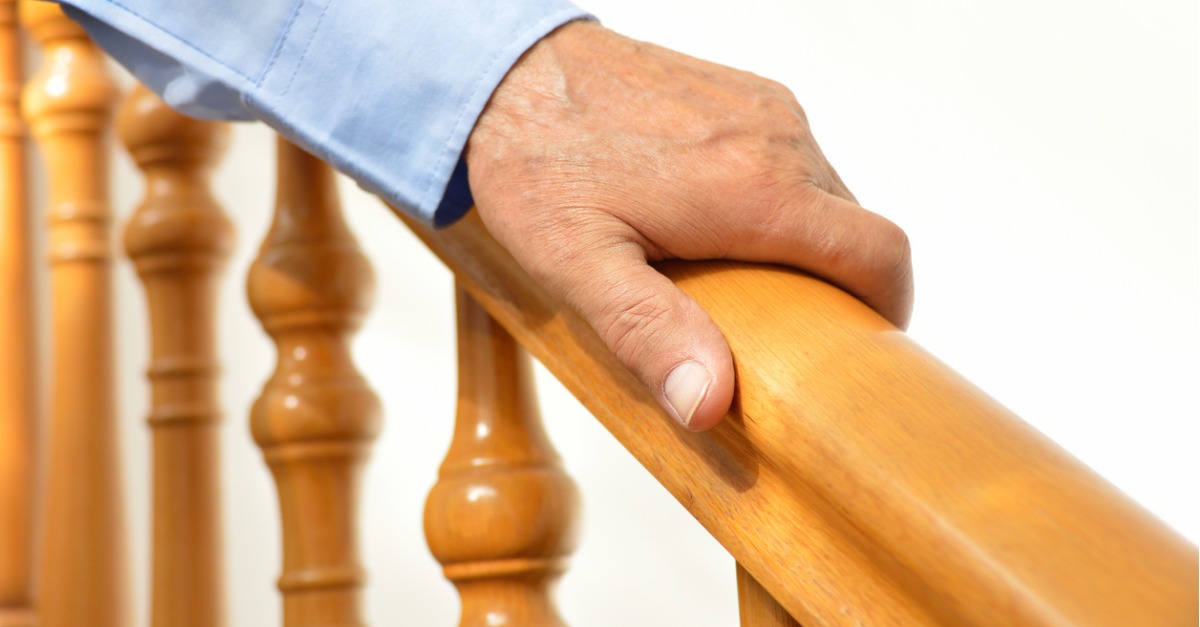
4 Things Older Adults Can Do to Prevent Falls
More than one in four adults aged 65 and older falls each year, according to federal statistics. Such accidents can cause serious injuries, such as broken bones and head trauma, and sometimes even lead to death.
Fall-related injuries can make it difficult for people to get around, do everyday activities or live on their own. However, by making some changes, older adults can help lower their chances of falling, relieve loved ones’ concerns and maintain their independence. If you’re at risk, the National Center for Injury Prevention and Control recommends four things you can do to prevent falls:
1. Talk openly with your healthcare provider. Tell a healthcare provider right away if you fall, worry about falling or feel unsteady. Have your doctor or pharmacist review all the medicines you take, even over-the-counter ones. As you get older, the way medicines work in your body can change. Some medicines, or combinations of medicines, can make you sleepy or dizzy and can cause you to fall. Also ask your healthcare provider about taking vitamin D supplements to improve bone, muscle and nerve health.
2. Exercise to improve your balance and strength. Exercises that improve balance and make your legs stronger, such as Tai Chi, reduce your chances of falling. Exercise also helps you feel better and more confident. Conversely, inactivity leads to weakness and increases your risk of falling. Ask your healthcare provider about the best type of exercise program for you.
3. Have your eyes and feet checked. Poor vision can increase your chances of falling. Visit your eye doctor annually, and update your eyeglasses, if needed. You may have a condition like glaucoma or cataracts that limits your vision. Also, have your healthcare provider check your feet once a year. Discuss proper footwear, and ask whether seeing a foot specialist is advised.
4. Make your home safer. Many falls happen at home. To reduce the risk in your house, do the following:
- Remove things you can trip over, such as papers, books, clothes and shoes, from stairs and places where you walk.
- Remove small throw rugs, or use double-sided tape to keep the rugs from slipping.
- Keep items you use often in cabinets you can reach easily without using a step stool.
- Have grab bars installed next to and inside the tub, as well as next to the toilet.
- Use non-slip mats in the bathtub and on shower floors.
- Improve the lighting in your home. As you get older, you need brighter lights to see well. Hang lightweight curtains or shades to reduce glare.
- Have handrails and lights installed on all staircases.
- Wear well-fitting shoes with good support inside and outside the house.



